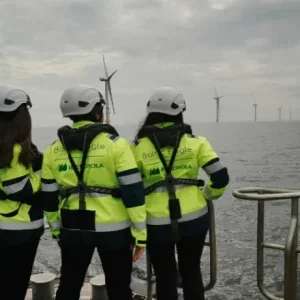Chempolis has invested some EUR20m in its new biorefinery, which also functions as a development and marketing center for testing customer-sourced raw materials and producing sample batches of bioethanol, biochemicals, and papermaking fibers. The plant is capable of processing 25,000t/a of non-wood and non-food raw material.
The company claims that its third-generation formico technologies can convert a range of non-food biomass generated as agricultural by-products, such as straw and bagasse, into bioethanol, biochemicals, and papermaking fibres both cost-effectively and sustainably.
formico processes are self-sufficient in terms of their energy requirement and produce no greenhouse emissions, and their closed-loop circulation system minimizes water consumption, the company further claims.
Matti Sundberg, chairman of Chempolis, said: “The third-generation biorefining technology that we have developed enables us to produce multiple products from agricultural residues using all the vegetable matter they contain, maximising the added value that we can offer. This is a definite plus in terms of both operating costs and the environment.
“Our formico technologies are the most significant innovation to have been developed in the field in recent years and opens up some exciting new opportunities for industries such as oil, petrochemicals, energy, and pulp & paper.”
The two key members of Chempolis’ technology family are formicobio for producing bioethanol and formicofib for producing papermaking fibre. Depending on the needs of its customers, Chempolis said that it can license these and other processes, and supply key equipment, as well as plant engineering, procurement, and commissioning services.






